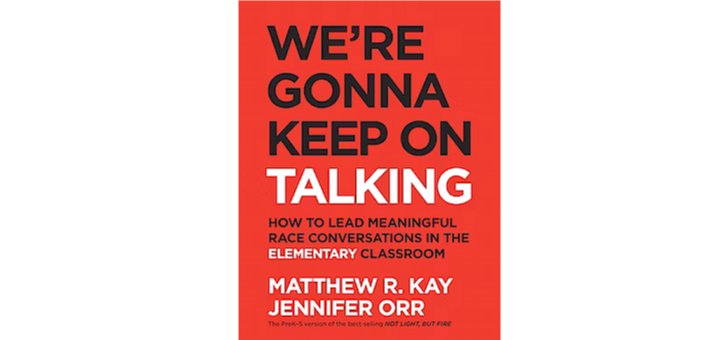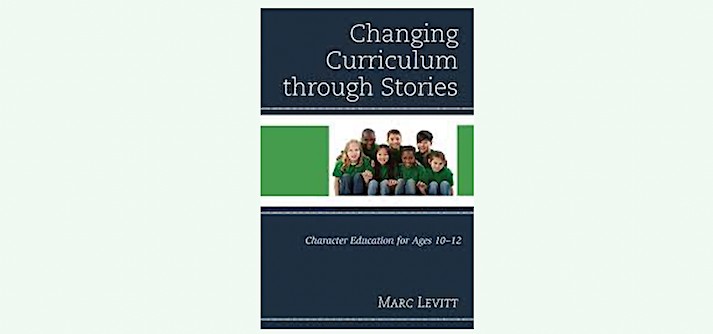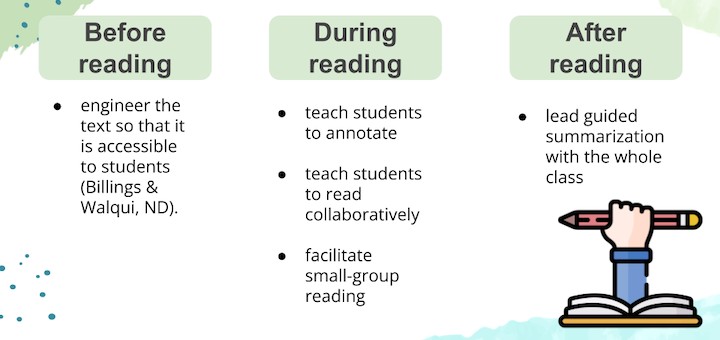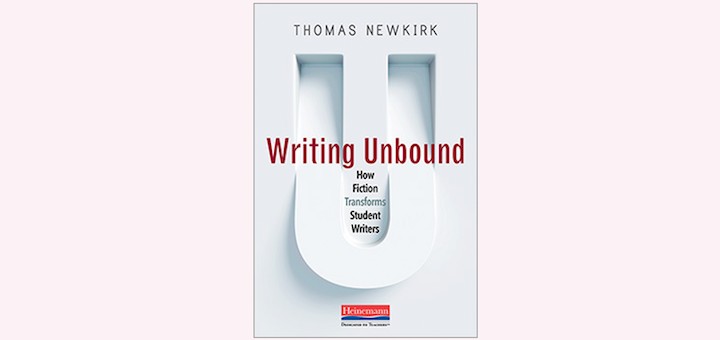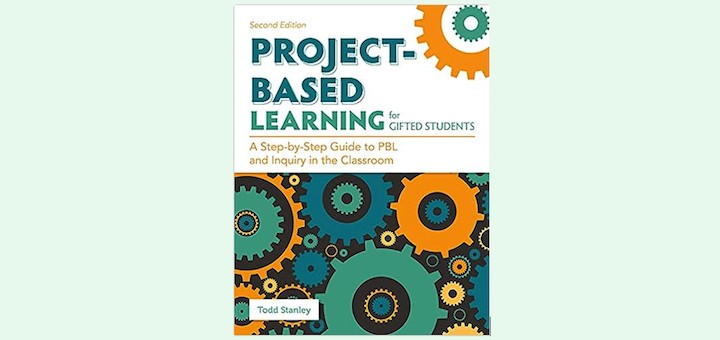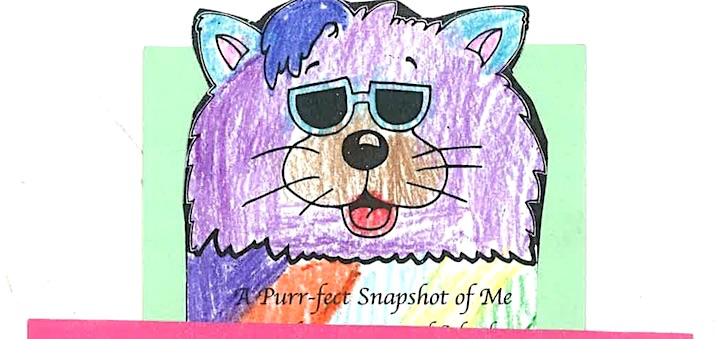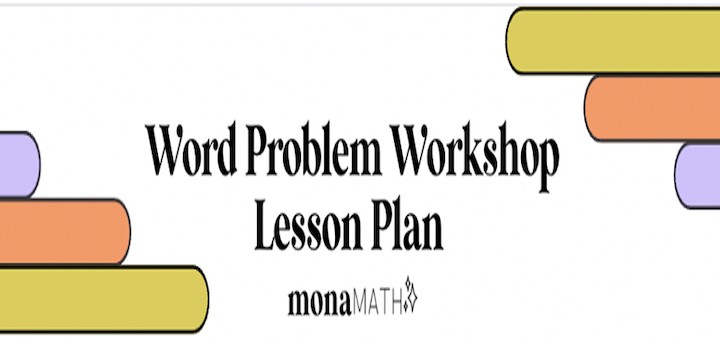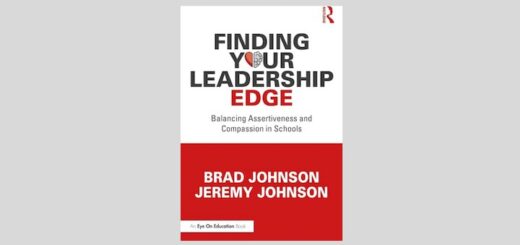Teaching and learning in grades 4-8
Reviewer Kathleen Palmieri says her 5th graders are already having race conversations socially. The guidance in We’re Gonna Keep On Talking can help elementary teachers build community and help students discuss race as it has affected life and culture in the past and today.
In Changing Curriculum through Stories: Character Education for Ages 10-12 Marc Levitt shows how personal stories, folktales and fairytales can act as catalysts for reflection and deeper comprehension. Dr. Kevin D. Cordi finds his notes to teachers and students quite helpful.
What teachers do the first weeks of school has a dramatic effect on student engagement and achievement the rest of the year. Building a classroom culture of learning and questioning – co-created with students – paves the road to success. Jackie Walsh and colleagues show us how.
To help long-term English learners meet reading comprehension challenges, language specialist Tan Huynh shares strategies to use before reading, during reading, and after reading so that multilinguals have the scaffolding they need to read grade-level texts with understanding.
Allison Paludi’s search for student note-taking that makes learning sticky led her to the brain-based concepts of Zaretta Hammond and Harvard’s Project Zero. Applying Hammond’s “ignite, chunk, chew and review” she fashioned a new notes strategy that’s “truly deepened learning.”
Thomas Newkirk urges ELA educators to move beyond simply assigning formulaic writing grounded in rubrics and include more fiction writing. Using research as well as student and teacher voices, he shows the benefits of encouraging creativity. A call to action, says Katie Durkin.
In Project-Based Learning for Gifted Students Todd Stanley breaks down what PBL is and how to effectively implement it in almost any academic setting. It’s an ideal resource for those new to PBL or interested in reviewing its key aspects, says teacher Erin Corrigan-Smith.
How is teaching like marketing? In student-centered classrooms, relatable lessons motivate students because they connect and have emotional appeal, writes teacher and former marketer Kelly Owens. In turn, engagement leads to purposeful work, supporting more on-task behaviors.
Mona Iehl’s Word Problem Workshop lesson plan helped her realize that teaching math was just like teaching everything else. You have to allow students to bring themselves to the work – letting them use what they know and are able to do to figure things out. Then you step in.
How can seasoned educators improve teacher retention rates? By helping new colleagues address two retention factors – student behavior and classroom climate – says middle grades veteran Sharon Ratliff. “Let’s show them how to manage their school of fish without being a shark.”

